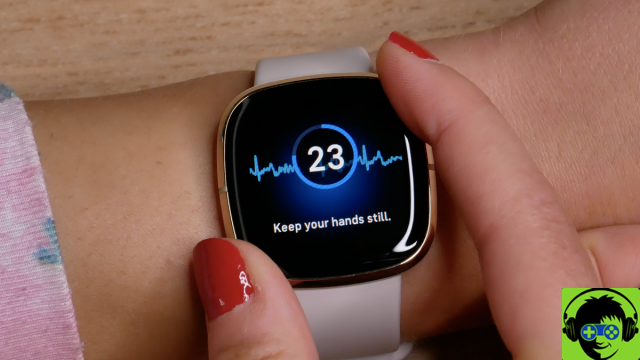
Google was able to persuade the European Union to lift the anti-currency lockout on its $ 2,1 billion purchase of Fitbit after adding restrictions on how it can use user health data.
The purchase has sparked criticism on both sides of the Atlantic from privacy advocates, consumer organizations and Google's competitors for the company's domain and how it could use user health data in ad personalization.
Fitbit, once a leader in the wearable device market, has lost market share to Apple, Xiaomi, Samsung and Huawei in recent years.
The European Commission has accepted a ten-year period with a possible extension of these limitations to another ten years.
Google will store Fitbit user data independently of Google for advertising and will not use data from Fitbit and other "wearable" devices for Google Ads. Users can decide whether to store their health data in their Google or Fitbit account.
Google will retain access to users' health and physical activity data through the Fitbit web API, free of charge and subject to user acceptance.
It will continue to offer a free API software license for core functionality to device manufacturers, allowing their gadgets to work with Android-equipped phones.
Fontana
Comment:
Good luck with that regulation.
Google has proven its inability to make hardware that sells, Fitbit's fate is sealed.
What could Google's interest in FitBit be if it didn't access its users' health data? To think that Google buys Fitbit for the beauty of its designs or its features is absolutely insane. What Google wants is to access FitBit user data, even as fewer and fewer people use it. And it will do everything it can to access that data, honestly or in disguise.
I understand that the Administration must think that companies will respect the agreements they sign, but at this point trusting Google is naive that citizens pay with our data (assuming that people don't stop buying FitBit in bulk, now that it is Google),










![Interview with Tom Hanks [Update I and II]](/images/posts/3a79ddab0e3f62d2832d74af31daff7b-0.jpg)















